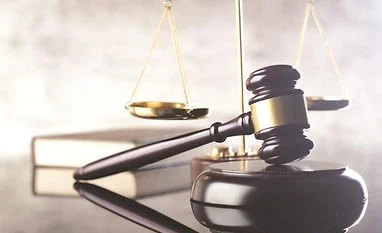The Centre has proposed a draft Standard of Procedure (SoP) regarding the appearance of government officials, in their official capacity, in court or contempt proceedings involving the government.
The SoP stipulates that in-person appearances of government officials should be summoned only in exceptional circumstances, rather than as standard practice.
"In exceptional circumstances, where there is no option other than the concerned government official to be present in person in the court, due notice for in-person appearance, allowing adequate time for such appearance, must be served in advance to that official," the SoP stated.
This SoP has been introduced after the Supreme Court recently required the personal presence of the Director General of Police (DGP) in Manipur, having observed that the state police have lost control over the law and order situation.
Last week, the Calcutta High Court suspended the Chief Secretary of Andaman and Nicobar Islands and imposed a fine of Rs 5 lakh on the Lieutenant Governor in a contempt case, a decision later stayed by the apex court.
The SoP also outlines that in cases involving a court-appointed committee, the judges should refrain from naming individual judges. It further emphasizes that comments on the dress, physical appearance, educational, and social background of the government official appearing before the Court should be avoided. "Government officials are not officers of the court, and there should be no objection to their appearing in decent work attire unless such appearance is unprofessional or unbecoming of their position," it stated.
In contempt cases, the SoP advises that judges should not ideally preside over proceedings related to their own orders. "It is an established principle of natural justice that no person can judge a case in which they have an interest, or in other words, be a judge in their own cause (based on the legal maxim 'nemo judex in sua causa')," it says.
Regarding cases involving policy matters, the SoP specifies that if issues fall within the exclusive jurisdiction of the executive and can be resolved only through an executive or administrative decision, the court should refer the matter to the executive for further necessary action, rather than taking up such matters for adjudication or calling for the appearance of the related government official.
)